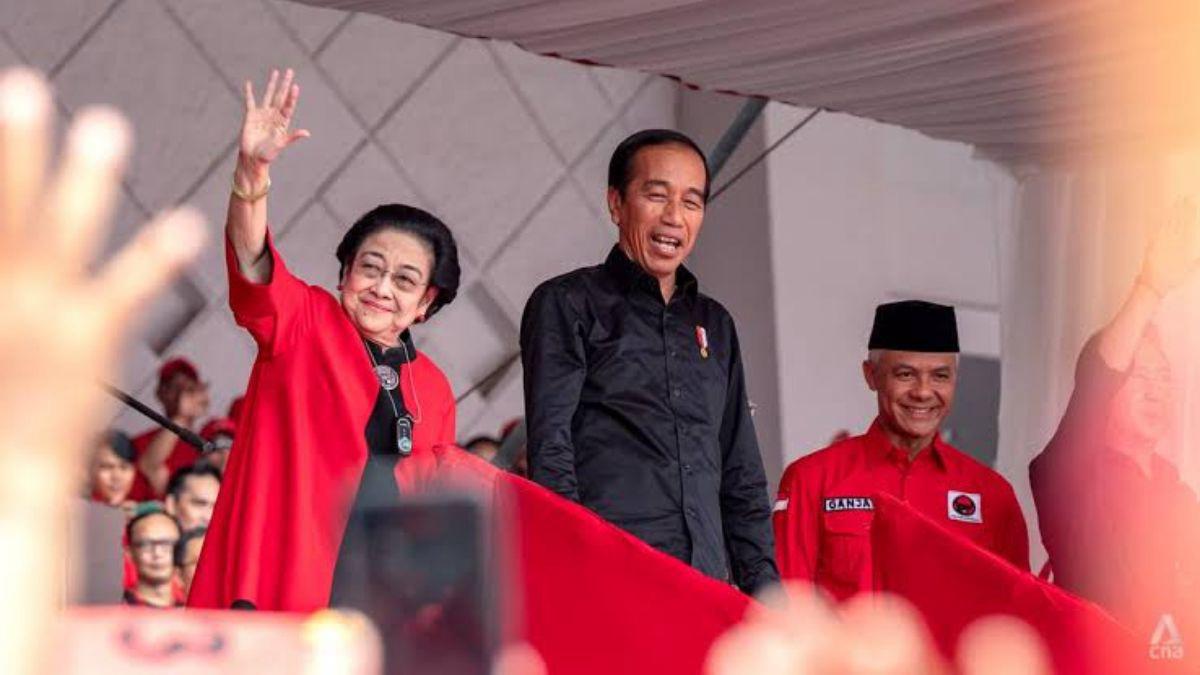In a notable snub to President Joko Widodo’s administration, former Presidents Megawati Sukarnoputri and Susilo Bambang Yudhoyono were notably absent from Jokowi’s final state address. Their absence at this significant political event, which marks the culmination of Jokowi’s presidency, is raising eyebrows and suggesting potential shifts in Indonesia’s political dynamics.
Jokowi’s final address was intended to review his administration’s achievements and set the stage for the future. The presence of both Megawati and Yudhoyono at such events has historically been a symbol of political unity and continuity. However, their decision to skip this occasion reflects underlying tensions and possibly foreshadows changes in Indonesia’s political alliances.
Megawati, the leader of the Indonesian Democratic Party of Struggle (PDI-P) and a former president, has had a complex relationship with Jokowi throughout his tenure. While her party has been a coalition partner, internal party strife and political maneuvering may have influenced her absence. Yudhoyono, who led the Democratic Party and served as president from 2004 to 2014, has also had a strained relationship with Jokowi, marked by political rivalry and strategic disagreements.
The absence of these prominent figures could indicate a period of political realignment as Indonesia prepares for its next presidential cycle. Such a high-profile omission might suggest potential friction or a strategic distancing by these former leaders, impacting their future roles and influence in Indonesian politics.
Economically, the political climate and the relationships between key political figures are crucial for policy stability and investor confidence. The current political landscape, marked by the absence of these influential leaders, may affect the continuity of economic policies and reforms, potentially leading to shifts in economic strategies.
As Indonesia transitions towards a new administration, the implications of this political maneuvering will be closely observed. The absence of Megawati and Yudhoyono underscores the evolving nature of Indonesia’s political arena and its potential impact on the country’s economic trajectory and governance stability.

